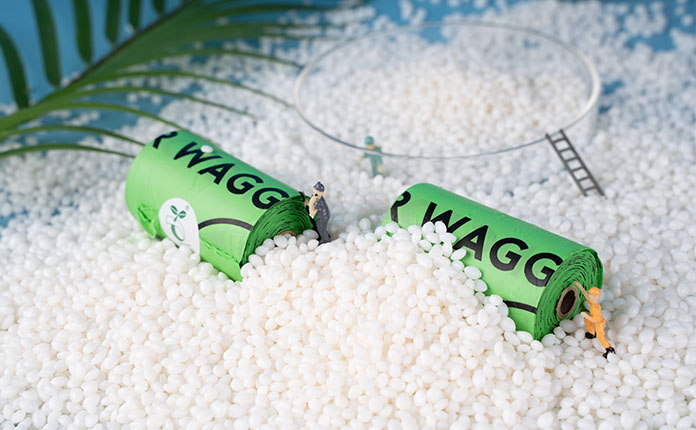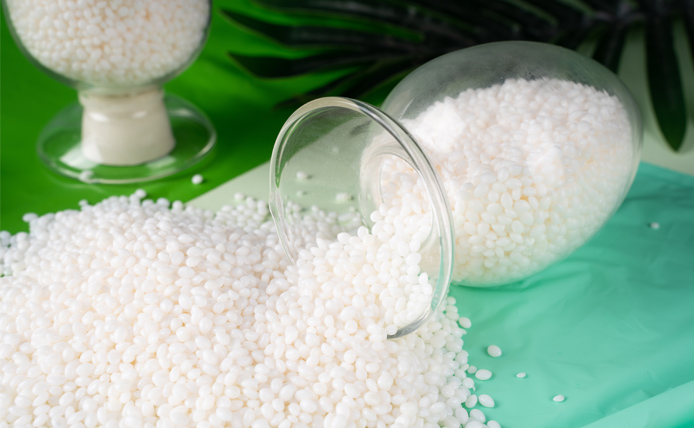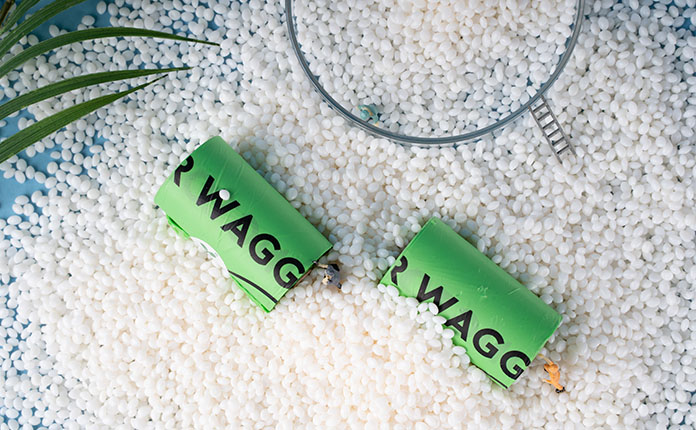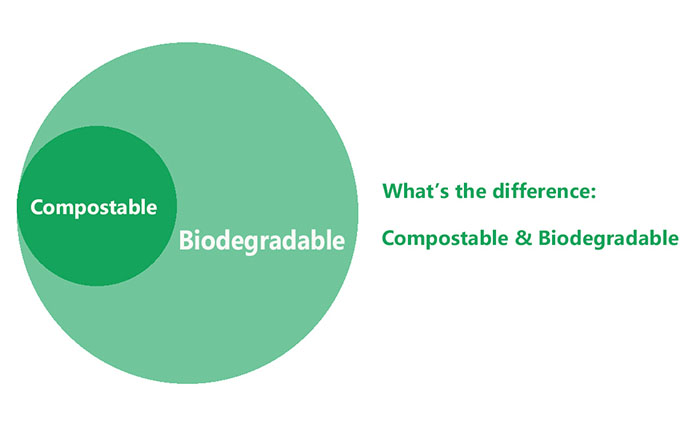Plastic Biodegradable Resin
What are compostable resins made from?
A line of biodegradable and compostable resins made from different starches such as corn, potato, grain and other bio-sourced polymers. Designed to run on existing standard industrial equipment, compostable resins offer the opportunity to completely replace traditional plastics.
The benefits
- Compostable resins can be processed through conventional extrusion, cast film, blow molding, sheet, extrusion coating and injection molding lines without additional technology investment.
- Fully biodegradable and compostable. These two properties allow plastic packaging materials to be recycled through organic recycling of solid waste (composting and anaerobic digestion).
















